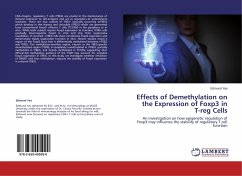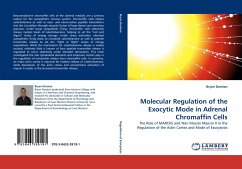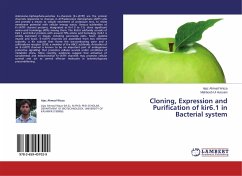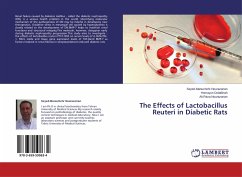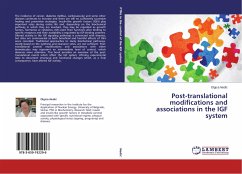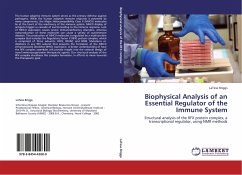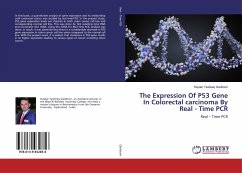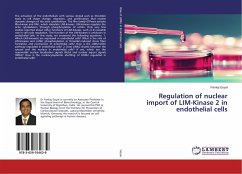CD4+Foxp3+ regulatory T cells (TREG) are pivotal in the maintenance of immune tolerance to self-antigens and act as regulators of autoimmune reactions. There are two subsets of TREG: naturally occurring (nTREG) which develop in the thymus and inducible (iTREG) which are generated from conventional Foxp3- effector T cells (TCONV) in the periphery or in vitro. While both subsets require Foxp3 expression to function, iTREG cells gradually downregulate Foxp3 in vitro and lose their suppressive capabilities. In contrast, nTREG cells show constitutive Foxp3 expression and demonstrate stable suppressive function in vitro. Recent studies reveal a region of the Foxp3 locus that is differentially methylated between nTREG and iTREG. The methylation-sensitive region, known as the TREG-specific demethylated region (TSDR), is completely unmethylated in nTREG, partially methylated in iTREG, and heavily methylated in TCONV, suggesting that differential methylation patterns of the TSDR may account for unstable Foxp3 expression in iTREG. In this study, we investigate whether inhibition of DNMTs and thus methylation, impacts the stability of Foxp3 expression in cultured iTREG.
Hinweis: Dieser Artikel kann nur an eine deutsche Lieferadresse ausgeliefert werden.
Hinweis: Dieser Artikel kann nur an eine deutsche Lieferadresse ausgeliefert werden.

